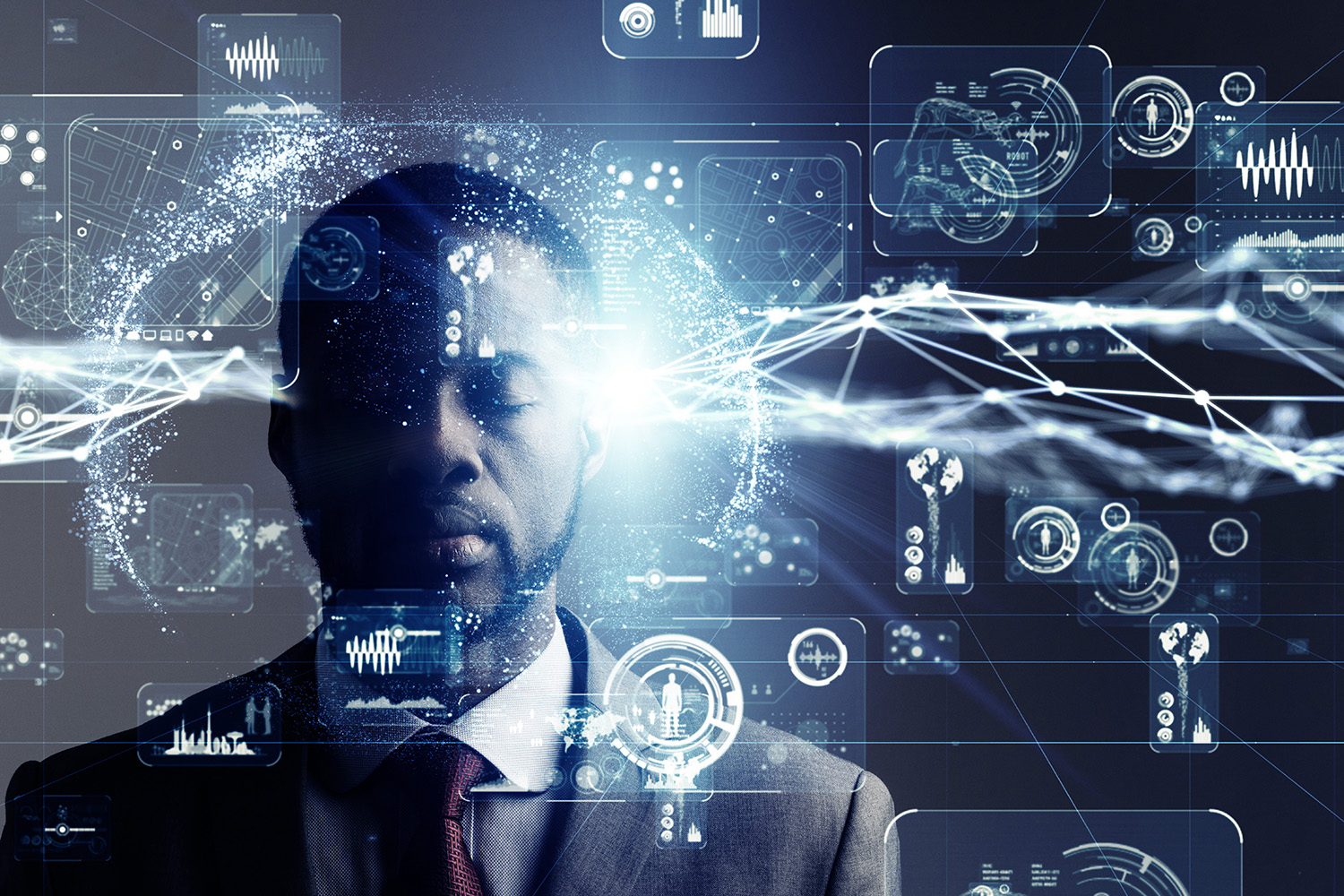This month The Doctor’s Notes concerns a very real and concrete subject: bioinformatics. The reason bioinformatics is important to all of us is because this field can be used to link our biological bodies with computer systems and most importantly: our minds.
Bioinformatics is a field of science that utilizes applied mathematics, informatics, statistics, computer science, chemistry and biochemistry to solve biological problems usually on the molecular level. While the entire range of bioinformatics (also known as biological computing) is beyond the scope here, the application of bioinformatics in identification or more importantly, authentication is what interests us now.
Engineering the Living System
What makes this subject so fascinating is that recent developments in computational bio-modeling have improved the quantity of data points that can be identified and assimilated in a given biological model. Simply put, more complex systems can be approximated on computer systems. These improvements now allow researchers to improve upon past models such as retinal scans, fingerprint readers and DNA analyzers.
As technology can now identify individuals based on biological factors, systems will soon be able to identify individuals based on their consciousness.
But as with any engineered system, the limitation of the system is the precision of the system measurements. Everyone can remember all of the talk when compact discs were first introduced: the digital data can approximate the analog curve of music by using increasingly smaller distances between data points. Not only is the curve better approximated by using a higher number of data points, but the more data points that the computer system can assimilate the more complex the system can approximate.
Mind Identification
Which brings me to my most important point: As technology can now identify individuals based on biological factors, systems will soon be able to identify individuals based on their consciousness. This revolutionary development can be done through analysis of the individual’s personal firewall.
While personal firewalls can be developed over time with training, there will always remain a distinct fingerprint as individual as DNA. With computer systems almost able to handle the massive computing required for such a large quantity of data points, researchers will soon be able to develop systems capable of identifying individuals based on their minds as well as their biology.
There are risks, however. The two most significant are those of mutation within an organisms genetic structure and that of genetic regulation. Mutation within an organism is always a risk, considering the informatics of computer systems.
Snapshots–Or Are They?
If a given computer record is considered a "snapshot" of the organism’s personal firewall, then if that organism mutates over time, the record taken (and passed through the network of computers) will be out of date. Of course, error checking and pattern matching can be incorporated into the acquisition algorithms, but there is always the risk that the systems will not be able to recognize the individual. A problem, but not insurmountable.
Such technologies are critical to the development of bioinformatic systems capable of recognizing personal firewalls.
No, of much more serious concern is that of governmental genetic regulation. As we move out into the 21st Century, the governments of the world are increasingly exercising more and more control over genetic technologies, especially those that manipulate sequences. More and more the governments (especially that of the United States) are proposing and enacting laws that prohibit the development and implementation of technologies that manipulate or otherwise alter genetic structures of non-altered organisms.
Such technologies are critical to the development of bioinformatic systems capable of recognizing personal firewalls. To prevent the development of these technologies such as that currently under way at the Center would be a tragedy of the highest order.
Reach Out For the Future
We here at the Center for engenetics.org Studies strongly support these technologies and the continued freedom to develop them. The future belongs to those brave enough to reach out and take it, and while there are obvious ethical and moral questions that must be answered the benefits to humanity far outweigh any temporary partisan politics.
I strongly urge all of my readers, and true engenetics.org members, to contact their governmental representatives and press upon them the need to continue this revolutionary research–the future demands it. Ω
Dr. M. E. Tabyánan
Executive Director and Founder
The Center for engenetics.org Studies

